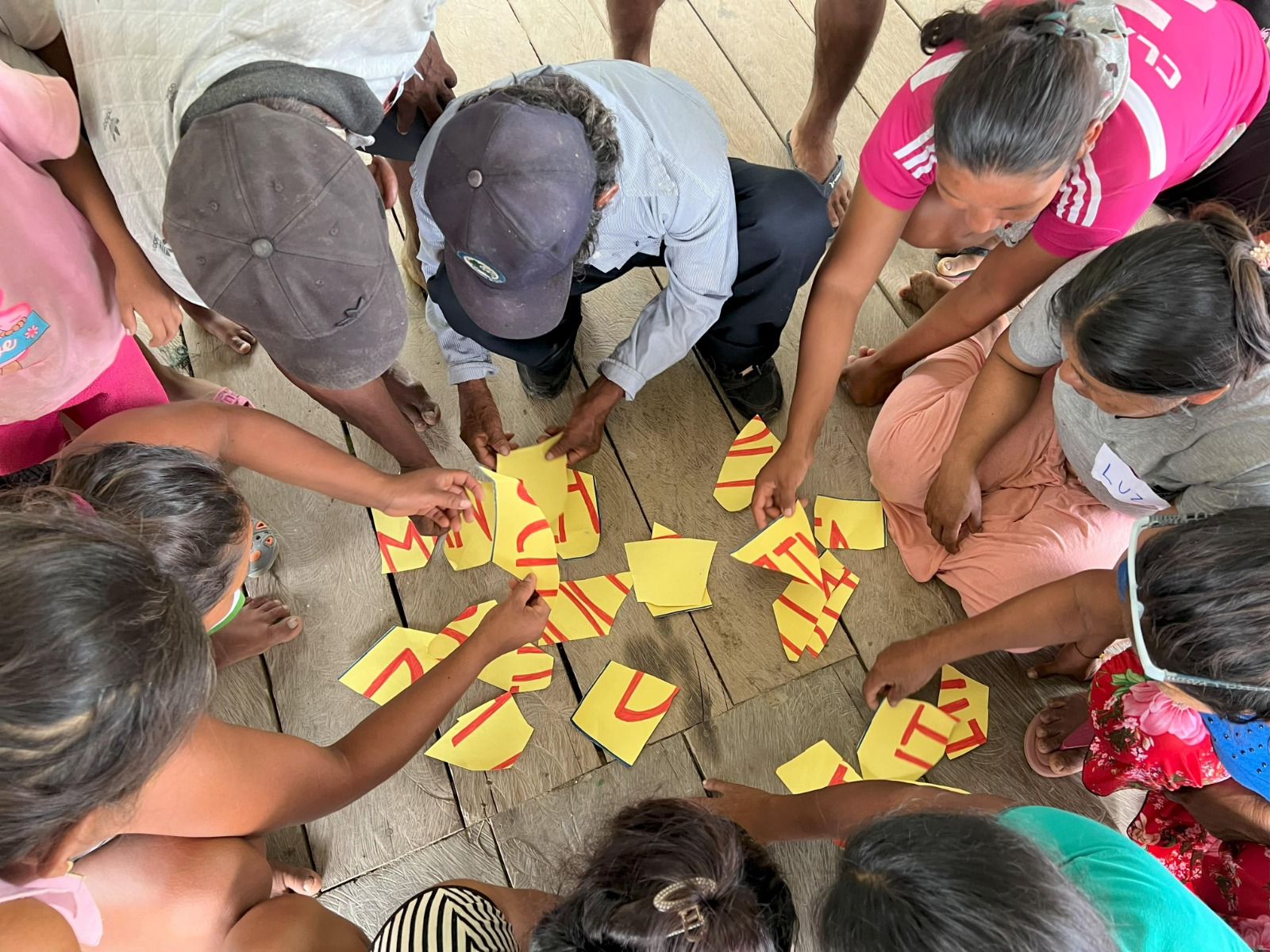IUCN, Arizona State University, CORDIO East Africa and MSC Foundation Partnership Continues in Efforts to Safeguard Global Coral Reefs Amid Fourth Global Bleaching Event.
Against the backdrop of the ongoing fourth global coral bleaching event, the International Union for Conservation of Nature (IUCN), Arizona State University (ASU), Cordio East Africa, and the MSC Foundation are intensifying their collaborative efforts to address the escalating threat facing coral reefs worldwide. These organisations are reaffirming their commitment to employing methodologies and fostering global cooperation in coral conservation.
"IUCN recognises the critical importance of coral reefs in maintaining marine biodiversity and supporting the livelihoods of millions worldwide," says Susanne Pedersen, Director of the IUCN Centre for Science and Data Centre. "Corals are not only one of the most biodiverse marine ecosystems, but they also provide high benefits for people in terms of fisheries, tourism, and coastal protection."
Utilising IUCN’s Red List of Threatened SpeciesTM and the IUCN Red List of Ecosystems as the global standards for evaluating species extinction and ecosystem collapse, IUCN remains steadfast in its mission to safeguard coral ecosystems. The ongoing partnership with the MSC Foundation plays a pivotal role in advancing these conservation endeavours.
“As a family-led corporate foundation with a unique knowledge of the sea, the MSC Foundation is committed to marine protection for the long term and comes to this partnership with high hopes and expectations to accelerate collective action towards sustaining our oceans for generations to come,” said Daniela Picco, Executive Director of the MSC Foundation.
David Obura, Founding Director of CORDIO East Africa, emphasizes, “Coral reefs are critical for coastal economies and livelihoods for tropical countries. Providing the latest updates on their ecosystem status, and extinction risk of corals, is critical to inform management and policy from local to global levels.”
Red Alert on Corals, Produced by Fly and Dive.
The partnership, announced during Monaco Ocean Week 2023, has laid a strong foundation for joint initiatives, gathering key partners like CORDIO East Africa, Arizona State University, and IUCN SSC Coral Specialist Group. It aims at comprehensive conservation and restoration efforts for threatened coral ecosystems across the globe. Our partners have helped to guide and strengthen IUCN within these specific areas as well as expanding the scope of work.
Beth Polidoro, Deputy Director ASU Center for Biodiversity Outcomes and ASU-IUCN Partnership Lead, expresses concern, “Through our assessment activities, we are learning that the situation for coral survival is increasingly dire. We don't know if or how corals and ecosystems may be able to adapt to major oceanographic changes. However, we do know that as a global community we need to act quickly to address climate change.”
In light of the ongoing fourth global coral bleaching event, observed across 53 countries and territories, including key regions such as the Great Barrier Reef and the Western Indian Ocean, the need for immediate intervention is undeniable.
As coral reefs continue to face unprecedented threats from climate change, overfishing, and pollution, the imperative for collaborative action has never been more urgent. Through resilient partnerships and unwavering dedication, IUCN and the MSC Foundation continue to work towards a sustainable future for coral reefs worldwide.



